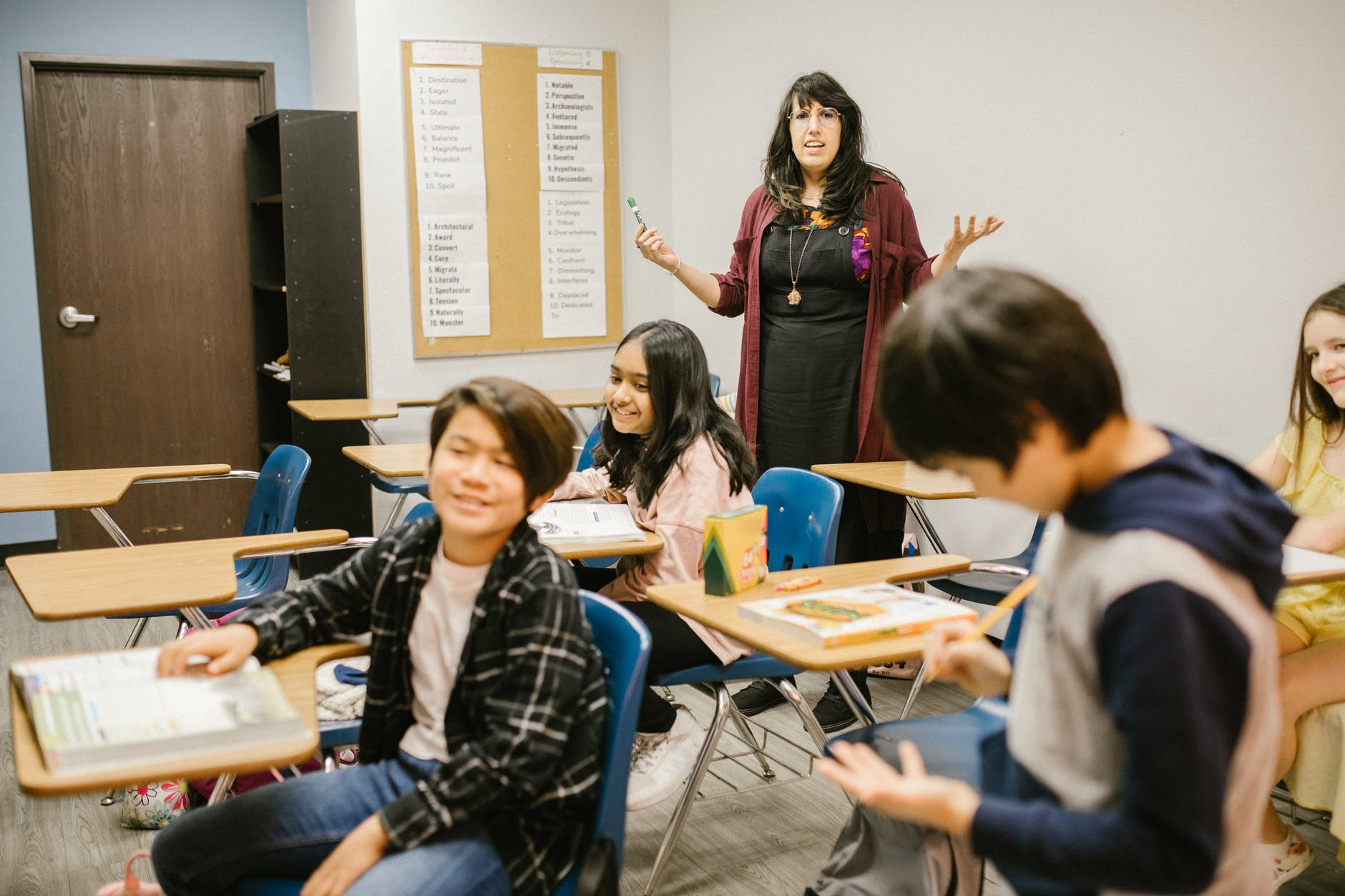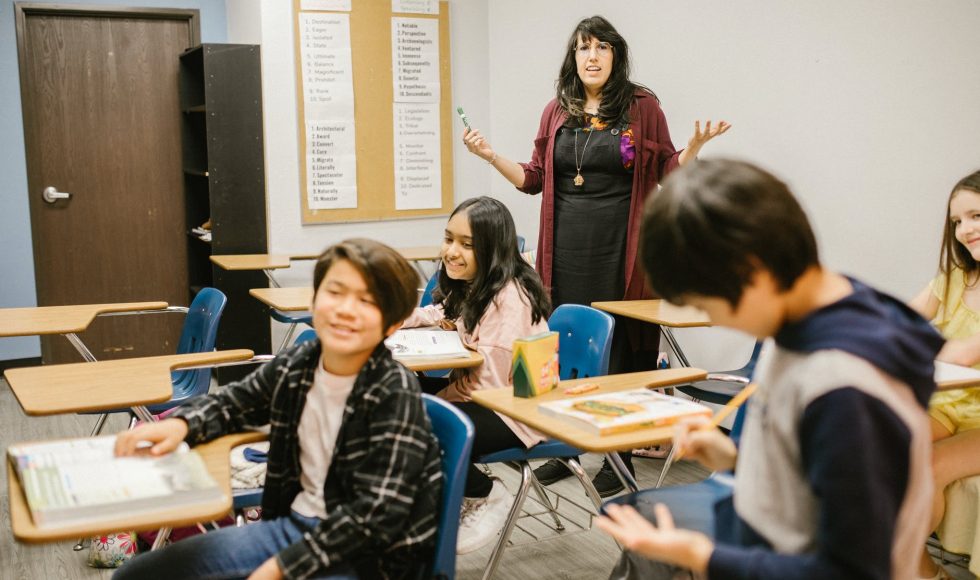Dr. Ingrid Everett presented results of a study on culturally responsive teaching (CRT) at the 2020 Lilly Conference online. Everett is an early childhood educator with a background in Head Start. The presentation entitled: “Culturally Responsive Teaching, Math, And Teacher Education” had the subtitle “We already know what to do” highlighted Everett’s goal of sharing resources. Everett had three goals for the presentation. One was to broaden understanding of CRT. The second goal was to identify areas in which educators may experience challenges in Culturally Responsive Teacher Self-Efficacy (CRTSE). The last goal was to identify areas which may challenge educators in implementing CRT. Everett mentioned the importance of revisiting and updating studies. I think this is important, and we often get caught up trying to innovate and forget that we can also improve and directly benefit learners! Everett described how the current climate has shown inequity in education. Everett also mentioned trends in student demographics and predictions for 2040. However, students of color are not seeing themselves reflected in the instructors. Everett defined culturally responsive teaching based on the work by Gay 2002 using culturally-relevant knowledge and examples. Self-efficacy is important because the level of confidence we have will impact being able to achieve the outcomes we desire (Bandura 1997). Everett mentioned Siwatu 2007 developed culturally responsive teacher self efficacy and then CRTSE is considered essential in meeting diverse students needs. Everett used the survey by Siwatu to collect data and also open ended questions. Combining qualitative and quantitative responses, Everett found several findings that have been previously reported. Teacher preparation needs stood out including increased English language learning for students and teachers, additional opportunities for mastery or learning experiences. Further more explicit description of elements of culturally responsive teaching and including racial identity process in teacher training. Everett called for educators to focus on key areas during training:
- Deepening understanding of racism in order to be able to teach in a fully culturally responsive way
- More experiences that expose teachers to culturally responsive teaching opportunities and mastery
- There is a communication barrier with English language learner students.
- More CRT training during curriculum
- Too much focus on state standards at odds with time to enhance CRT
Everett concluded by saying that there is a reiteration of previous findings and need for more opportunities to learn and apply culturally responsive teaching. Everett thinks we have the tools and now need to revisit how things are being taught and practice. Everett’s hope is to no longer see reoccurring needs with new studies. For this, I think we all need to learn more and become comfortable introducing culturally relevant topics into our courses. I also always find teacher preparation education really interesting and think we can learn a lot from the resources and studies in this area. Do we already know what to do and have forgotten that research?



